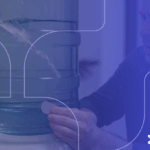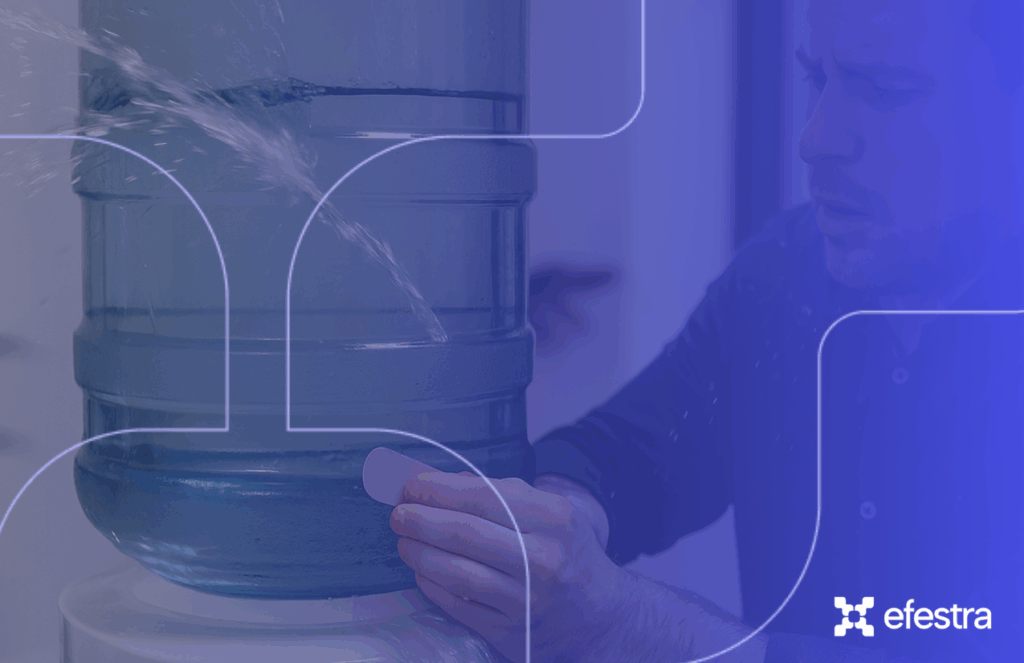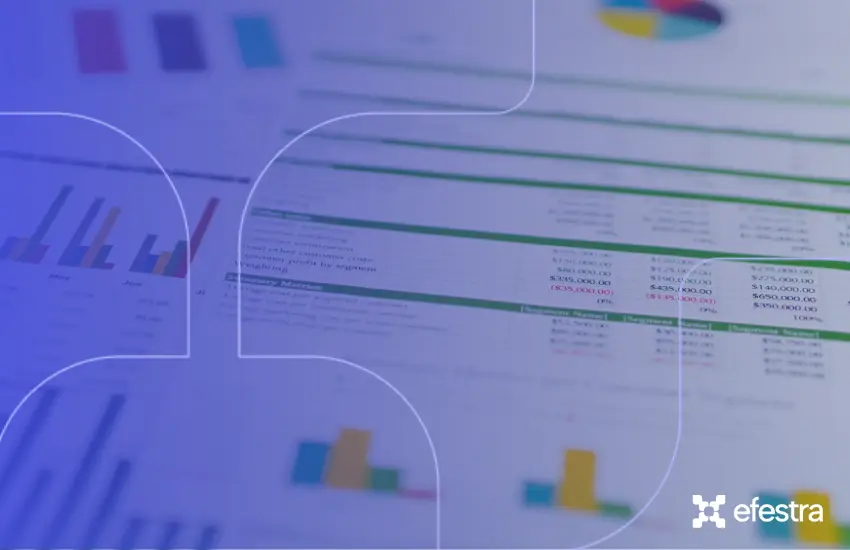How practitioner-level thinking turns strategic governance challenges into tool selection exercises and how this impacts the organisations that hire them
Most organisations have built is elaborate experimentation theatre - expensive, impressive-looking, and fundamentally ineffective at driving the business outcomes you're accountable for. The problem isn't incompetence; it's that the entire industry has conditioned us to measure maturity using metrics that sound sophisticated but predict nothing about business impact.
Learn how Decision Protocols prevent post-experiment paralysis by eliminating unreliable post-hoc decision making in experimentation programmes.
The uncomfortable truth is that most experimentation programs plateau not because of culture, but because of a fundamental gap between good intentions and operational reality. While center of excellence teams and program managers excel at evangelizing experimentation, they lack the tools to enforce the quality standards from their static playbooks.
Experimentation has been mispositioned as a cost center rather than a strategic capability—more akin to maintenance than innovation. This fundamental misalignment prevents organizations from realizing the full potential of their testing programs and creates a persistent gap between promising results and business outcomes.
Most organizations begin their experimentation journey with genuine enthusiasm. Yet recent research reveals a sobering reality: only 12% of organizations rate their experimentation strategy and culture as truly transformative.
When you think of an organization with mature experimentation practices, what comes to mind? If you're like most executives, you probably picture teams running hundreds of tests, impressive-looking dashboards full of metrics, and maybe a company that just won an award for "experimentation culture" You'd be wrong.
After nearly a decade of working with hundreds of experimentation programs across global enterprises, we’re excited to announce our evolution from Effective Experiments to Efestra. This isn’t just a rebrand. It’s a fundamental shift that reflects what we’ve learned about what organizations truly need to make experimentation work at scale.
In an era where competitive advantage increasingly comes from learning faster than competitors, experimentation represents a critical organizational capability. But like any capability, it requires proper leadership to realize its full potential.
Experimentation teams have failed at making learning valuable. Experimentation's most pervasive hypocrisy: publicly celebrating learning while privately focussing on wins and conversion rate uplifts.
Categories
Recent posts
-
 Why Experimentation Specialists Keep Solving the Wrong Problem
Why Experimentation Specialists Keep Solving the Wrong Problem -
 The Experimentation Maturity Myths: Why Your “Advanced” Programme Might Be Fooling You
The Experimentation Maturity Myths: Why Your “Advanced” Programme Might Be Fooling You -
 The Decision Dilemma: Why Great Experiments Die in Committee
The Decision Dilemma: Why Great Experiments Die in Committee -
 Why Playbooks Fail at Scale: The Missing Link in Experimentation Programs
Why Playbooks Fail at Scale: The Missing Link in Experimentation Programs -
 From Cost Center to Strategic Asset: Reimagining Experimentation’s Role in the Enterprise
From Cost Center to Strategic Asset: Reimagining Experimentation’s Role in the Enterprise









